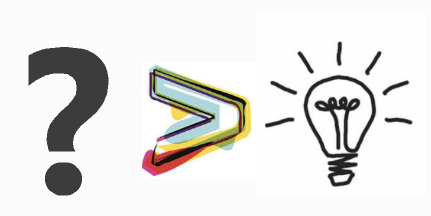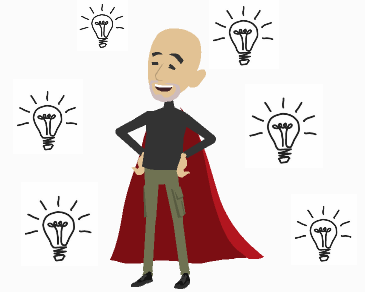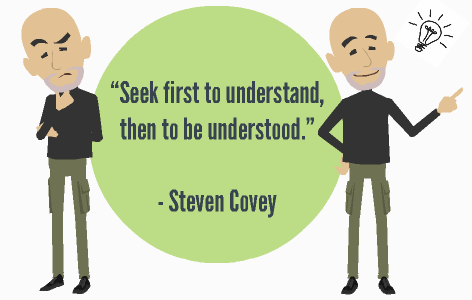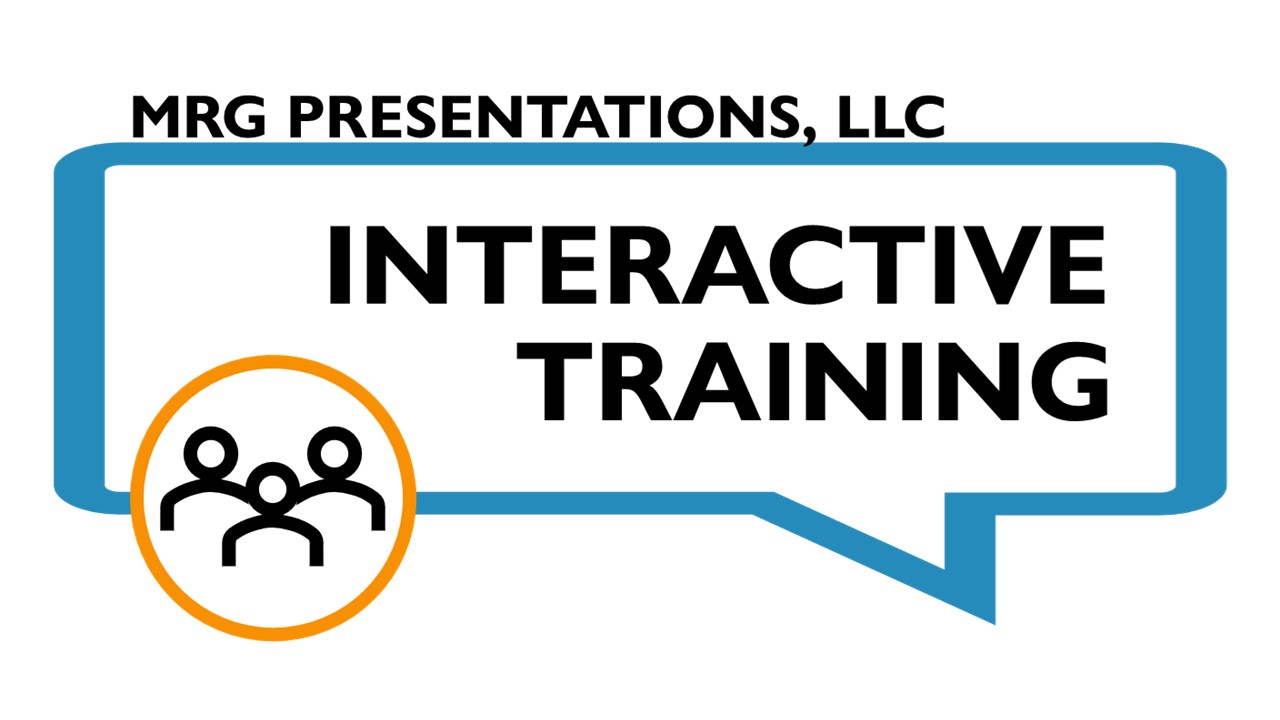POSITIVE HABIT #2: QUESTIONS BEFORE ANSWERS

This is the third installment in a series regarding Positive Habits. The first blog explained the concept of habits. Then we explored the habit of expressing love. The positive habit for this week will prove helpful at work and home. Remember: a habit is an automatic implementation of a behavior (or set of behaviors) in response to a stimulus. It is what you do when given a cue. You don’t have to think about it; it just happens.

Positive Habit #2 is placing questions before answers. When something does not look right or feel right, it is tempting to go into “hero mode” and provide directions or actions that will fix the problem. We place the answer before the question—and we might be wrong! We might be fixing something that isn’t broken. Or, we could be making a bad situation worse. Often, people don’t want us to fix their problems. They just want to vent! And it is likely that your actions will be seen as micromanaging or an attempt to establish dominance.

Implementing Positive Habit #2, placing questions before answers, will make our involvement more effective and more valuable to others. First, you ask good questions then actively listen to the answers.
Simple questions like:
What is going on over there?
What led up to this situation?
What do you think about this situation?
What are you doing regarding this situation?
can accomplish three important things.
First, they allow you to make decisions based on more information. Asking good questions increases the probability that your directions will be good ones. It also increases the likelihood that you will discover that no help is needed—that the situation is fine.
Second, they allow others to receive help better, if help is needed. Your willingness to listen makes it easier for others to listen to you. It shows respect and builds trust.

Third, they can guide others to begin asking the same questions on their own. They can help them become more observant and proactive. You will know this is happening when others have better answers in the future. Asking good questions is an effective form of training.
Apply this habit at work and home. Observe the positive difference it makes in your relationships and your outcomes. Remember—place questions before answers.
